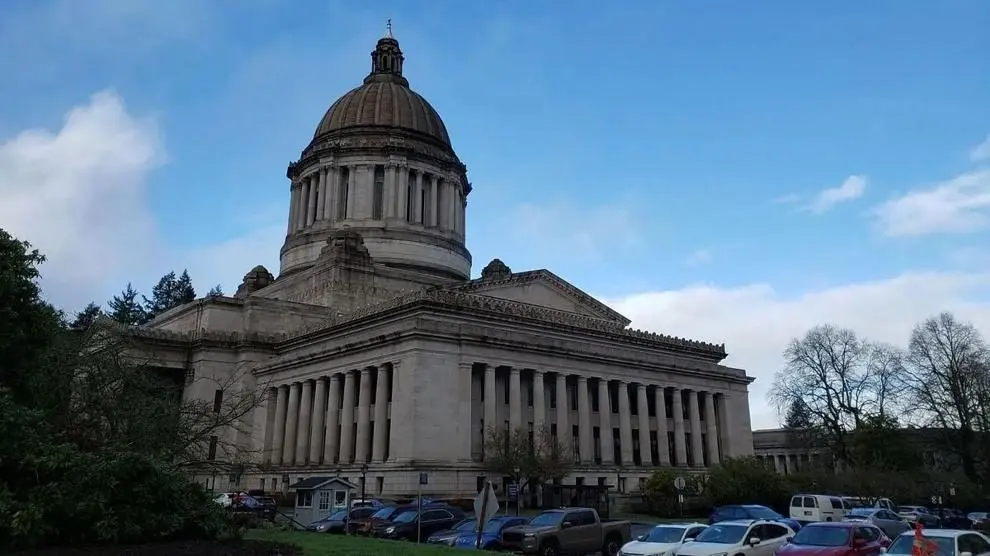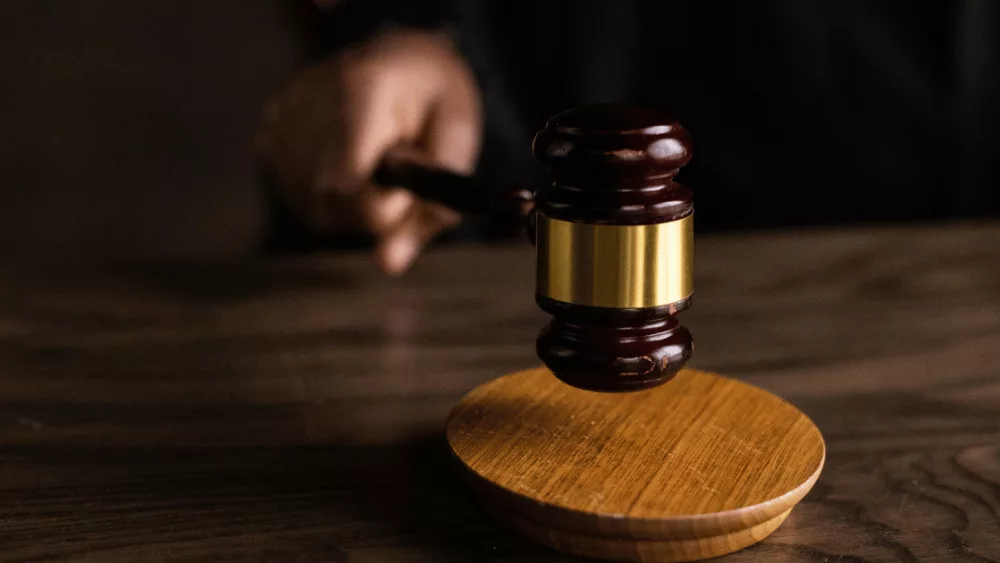WASHINGTON STATE – For Washington residents, getting help from state government could soon become easier and more secure, thanks in part to increased use of artificial intelligence.
Early next year, the state will launch the first public version of a new Resident Portal as part of a redesigned and expanded wa.gov. It will give people a single place to sign in and find and use online services across state agencies.
Officials say the goal is to save time, reduce frustration and make government work more like private sector sites like Amazon, but with public accountability at the center.
In an interview on TVW’s “Inside Olympia,” Washington’s chief technology officer, Gretchen Peri, called the effort “an exercise in efficiency and effectiveness,” adding that government must “constantly look to strike” this balance on behalf of the public.
The rollout will be phased.
A pilot completed this past June tested a personal profile, AI chatbots and tailored service recommendations, for things like professional license renewals, social services, cash benefits and assistance with employment, higher education and workforce training.
A statewide rollout began the next month, with the first public version planned for early 2026 as the state retires its older Secure Access Washington login system. The state expects to add agencies and features through 2029.

The project builds on more than 25 years of digital government. Washington launched Access Washington in 1998, one of the nation’s first government web portals, to help people find services online.
The new Resident Portal comes with technologies that help deliver on that original promise, with tools designed for cellphone users. Instead of navigating hundreds of agency sites and logins, residents will use a single connected system spanning more than 140 agencies.
Chief Privacy Officer Katy Ruckle, also appearing on “Inside Olympia,” told host Austin Jenkins the portal’s success depends on maintaining public trust.
“Security is how we’re protecting the data,” she said. “Privacy is really thinking about the ‘what’— what data are we collecting, and for what reasons do we need it?”
Her office has set new guardrails to ensure agencies limit what they collect and use it responsibly. She and Peri are developing a statewide framework to guide how agencies deploy automated tools, while aligning with the state’s privacy principles.
In practice, they say responsible AI means using automated tools carefully and transparently, ensuring they serve the public good, protect privacy and include clear human oversight. The focus is fairness, accountability and limiting data use to specific, lawful purposes.
Some applications are straightforward: AI is already helping people navigate government. The Department of Licensing uses a public-facing chatbot named DOLLY on its website to answer customer questions.
At the Department of Commerce, an internal chatbot pilot is making regulatory and compliance work more efficient, allowing expert staff to focus on more complex and substantive tasks instead of manually reviewing documents.
Ruckle said piloting and implementing chatbots is done with careful human supervision to ensure privacy, security and accuracy. Some applications raise fewer privacy questions, she said, such as AI trained to identify fish species from underwater video. Unlike people and their data, she noted, “the rockfish just doesn’t care.”
The portal’s evolution comes on the heels of an executive order from Gov. Bob Ferguson directing agencies to improve how they serve residents.
“The time is right for us to actually understand where we are today, where we want to be, and then prioritize the initiatives that are going to get us there,” Peri said.
This article was first published by TVW, a media nonprofit that provides comprehensive coverage of state government. TVW broadcasts unedited gavel-to-gavel coverage on statewide cable and at tvw.org, and produces original current affairs and education shows, including Inside Olympia and The Impact. TVW’s mission is to give Washingtonians access to their state government, increase civic access and engagement, and foster an informed citizenry.
Washington State Standard is part of States Newsroom, a nonprofit news network supported by grants and a coalition of donors as a 501c(3) public charity. Washington State Standard maintains editorial independence. Contact Editor Bill Lucia for questions: info@washingtonstatestandard.com.





